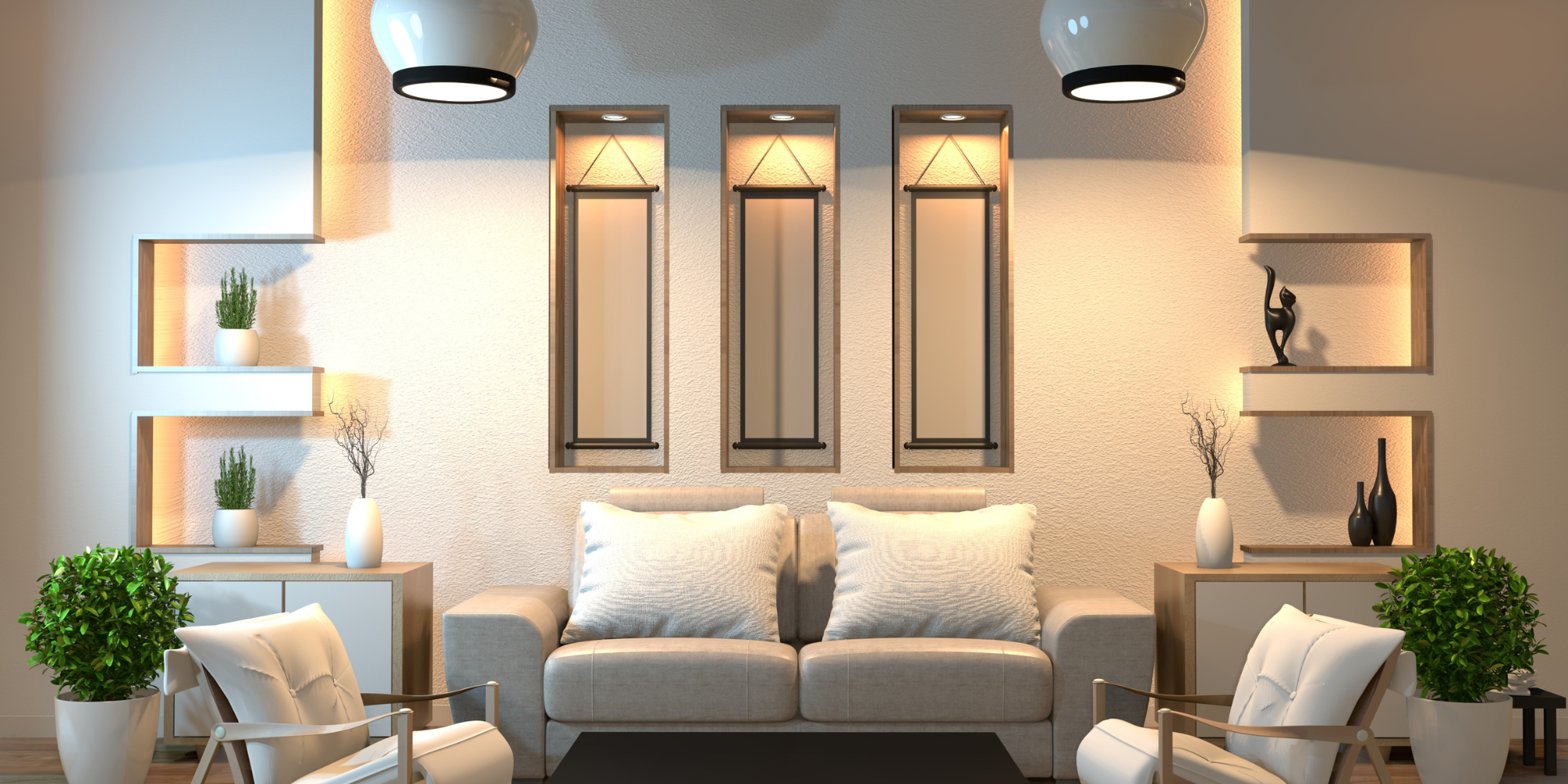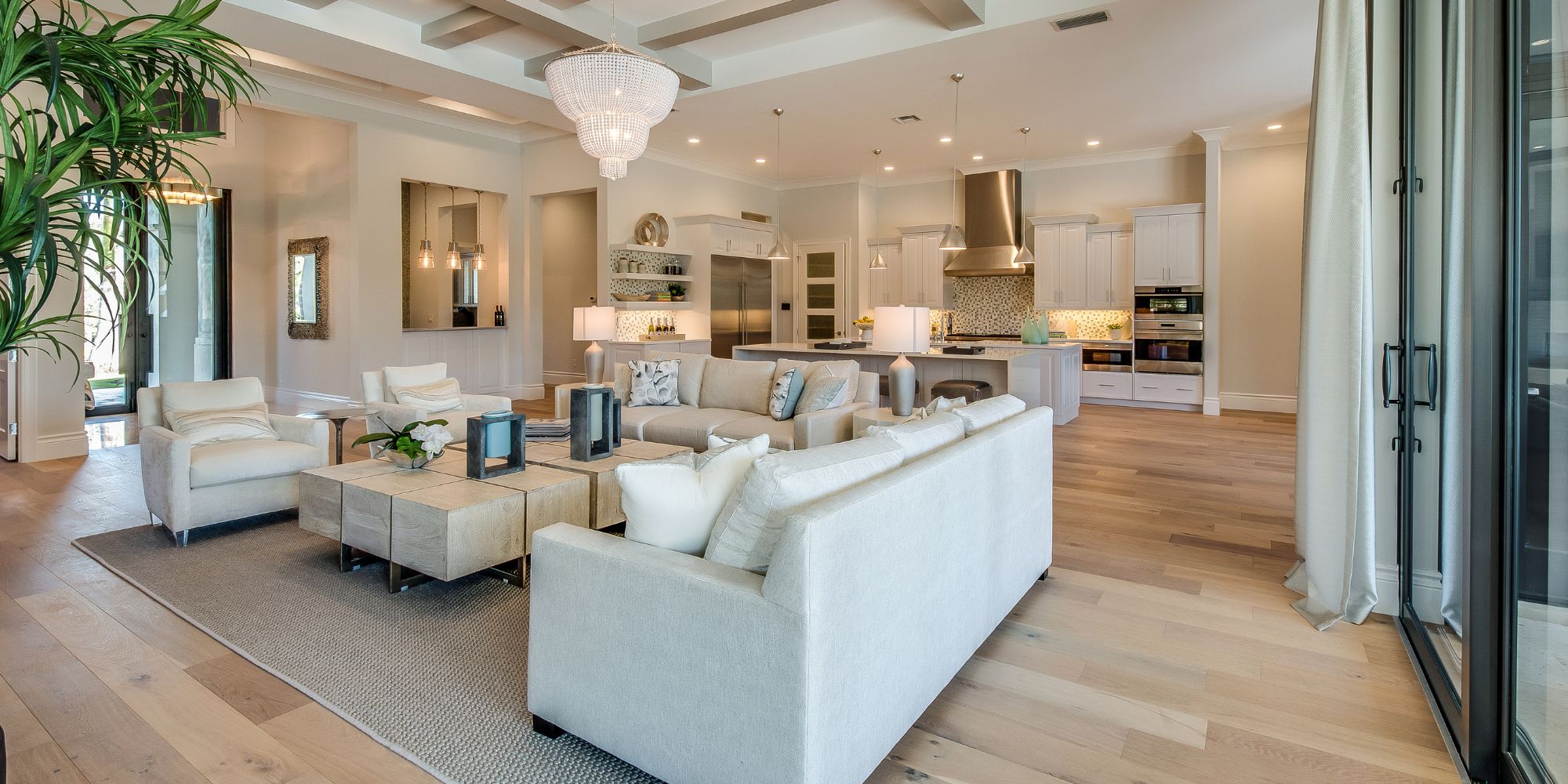Buyer’s remorse is the feeling of regret you get after making a purchase

Buyer’s remorse typically happens after BIG purchases. The most common are buying a house or buying a car.
While most people aspire to become homeowners, research has revealed that around 80% of people who have purchased a property have at least one noteworthy regret regarding their home buying decision. Buying a property is often the largest financial decision a person is likely to make in their lifetime.
Why do so many people have something they regret after they buy a home? According to data, it takes people an average of 38 minutes to decide on the home they want to buy. Around two-thirds of home buyers will view a property twice, while some will view the property just once before making an offer. Making a large financial decision in less time than it takes to prepare the average dinner could result in a few issues.
You loved your future home when you signed the contract to purchase it, but suddenly you’re not sure if you made the right decision. Hundreds of questions run through your mind. What if you acted too quickly and a better house comes on the market next week? What if you paid too much? What if something happens to your finances and you can’t make your house payments? Most questions are simple and easily answered, but sometimes doubt creeps in and makes you uncertain if you want to proceed with the purchase.
Buyer’s remorse is hard-wired into our brains, so you might never be able to avoid it fully. Unless there’s a valid reason for concern, your state of mind might simply be a standard case of homebuyer’s remorse. A house is the most expensive thing most people ever buy, so it’s common to want to be sure you’ve purchased the right one.
You can do things to make better financial decisions and lessen the regret you feel after big purchases. These few tips will help you avoid buyer’s remorse or limit it after purchase.
Separate the needs from the wants
Aside from things like marriage or having kids, buying a house is the most significant decision an average person will make. Before you set out looking for the ideal property, make a list of what you need and what you want. Make an exact, definitive list of the things you would like to have and the things you need to have in order to be happy in your home. Once you’ve seen a property you want, review the list. It’s natural to worry that there might be a better property out there somewhere, but if you know that the property you have chosen fulfils all your ‘must-haves’ for a happy home, you’ll feel reassured.

Keep focused
It’s essential to remain focused on your must-haves and not get distracted by your wants. A property might tick many of the boxes on your wants list, but it can’t be the right home if it does not meet your primary objectives. You will probably stay in the property for at least a few years, and that means dealing with your compromises for a long time. It is better to make the right decision upfront than have to deal with living in a home that just isn’t right.
Look at your finances
Often one of the main reasons that buyers have regrets is the unexpected costs of owning a property. Calculate what you can afford considering all costs such as council tax, insurance, service charge, maintenance and ground rent if the property is leasehold. Make sure to know all list of expenses that you can expect to pay when purchasing a home.
Talk to your real estate agent
We tend to think more about uncertainties when we make significant commitments, so sometimes we just need a little reassurance, and that’s one of many things your agent is there for during this period. Your agent can answer any lingering questions you have, as well as address any concerns or doubts you might be dealing with. Take help from everyone involved in your transaction.
Trust your gut
Remorse sometimes kicks in after we start talking to others about a new house. They usually mean well, but it’s not uncommon for family and friends to question your choice and what you paid, especially if it’s your first home purchase and they consider themselves to be seasoned pros.
But consider the source. They might not know the market because it.s been years since they bought a property themselves. They might even live in another part of the country, in an area where housing costs a fraction of what you can expect to pay at your location. When family and friends offer such input, you can listen, but trust your gut, and as long as you did your due diligence, you should be on solid ground, regardless of what anyone else has to say.
Check out area
Something buyers often forget to consider is the area itself. What are your new neighbours like? If you relish peace, you need to know that your neighbours are not the loud family of six or a house full of partying students. It’s also a good idea to investigate local planning permission.
Choose the right solicitor
A solicitor or conveyancer will handle all the legal aspects of buying a home. It is crucial to work with a solicitor you trust and feel comfortable with, rather than one you have been forced into using by the agent. A good solicitor will ensure you are kept informed and help guide you through the home buying process.
Stop looking at other houses
If you’re continuing to look at other houses, that’s a big mistake. When you’re under contract to buy a home, looking at other homes as they hit the market can only fuel that buyer’s remorse and make you question your decision even more. Try to stop following the property market as soon as your offer is accepted; you’ll be better off for it.
For homeowners experiencing buyer’s remorse, merely acknowledging that it’s a common experience can help you understand why you feel this way. Instead of obsessing over your regrets, give yourself credit for all the things you got right with your home purchase.
And remember, as common as home buyer’s remorse can be – this, too, shall pass. And then you’ll be living in a place that’s all your own!
To find a home you won’t regret contact me today.
Liana Loporto-Browne MNAEA President. More than just an estate agent.
020 8265 5028






